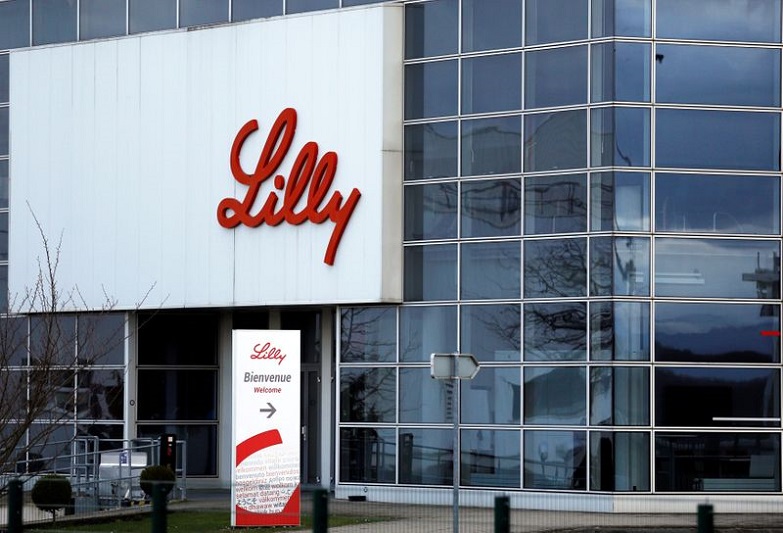On Thursday, TD (TSX:TD) Cowen raised concerns about the global pharmaceutical industry's future due to the impact of U.S. tariffs, geopolitical tensions, and the unpredictable responses from foreign governments.
The industry faces uncertainties, yet large-cap pharmaceutical companies are seen as well-positioned to mitigate these risks. According to TD Cowen, the Biosecure Act, while a potential threat, would allow the pharma sector time to adjust if it were to be enacted.
The analysis by TD Cowen indicates that on average, large-cap pharma companies derive 6% of their revenue from China, with 2% from Canada and 1% from Mexico. Companies like Organon & Co. (NYSE:OGN), AstraZeneca PLC (NASDAQ:LON:AZN), and Novo Nordisk (CSE:NOVOb) A/S (NYSE:NYSE:NVO) have the most significant revenue exposure to these regions. Conversely, AbbVie Inc . (NYSE:NYSE:ABBV), Bristol-Myers Squibb Co. (NYSE:NYSE:BMY), and GlaxoSmithKline PLC (NYSE:NYSE:GSK) have the least exposure.
The report also details the pharmaceutical companies' varying footprints in China, ranging from 1,000 to 15,000 employees, mainly in commercial roles. Research and development (R&D) infrastructure and manufacturing presence differ among companies, with Sanofi (EPA:SASY) (NASDAQ:SNY), Roche Holding AG (OTC:RHHVF) (OTC:RHHBY (OTC:RHHBY)), AstraZeneca (NASDAQ:AZN), and Eli Lilly and Co. (NYSE:NYSE:LLY) having the most substantial presence. In contrast, AbbVie, GlaxoSmithKline, and Organon have no sites in China.
Pharmaceutical (TADAWUL:2070) firms maintain redundancy in their supply chains to mitigate risks from U.S. tariffs, with most materials not shipped from China for U.S. sales and large stockpiles kept for critical supplies. However, the nature of potential foreign government retaliation remains uncertain. Furthermore, the research revealed that government funding for pharma research is either non-existent or negligible for the large-cap companies surveyed.
The assessment also touched on the potential impact of the Trump administration's policies on the industry, noting that while healthcare might not be a top priority, the focus on drug pricing is likely to persist. The effect on vaccines remains unclear, although companies like GlaxoSmithKline, Merck & Co ., Inc. (NYSE:NYSE:MRK), Pfizer Inc. (NYSE:NYSE:PFE), and Sanofi have significant exposure to this market segment.
This article was generated with the support of AI and reviewed by an editor. For more information see our T&C.
